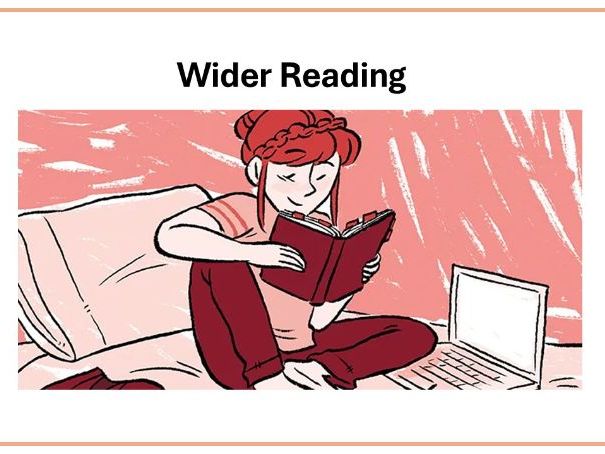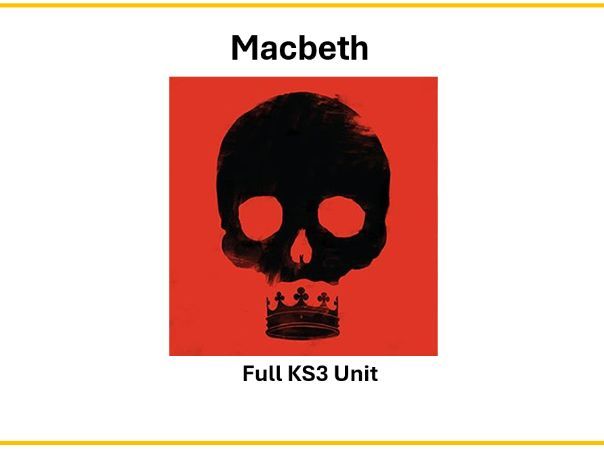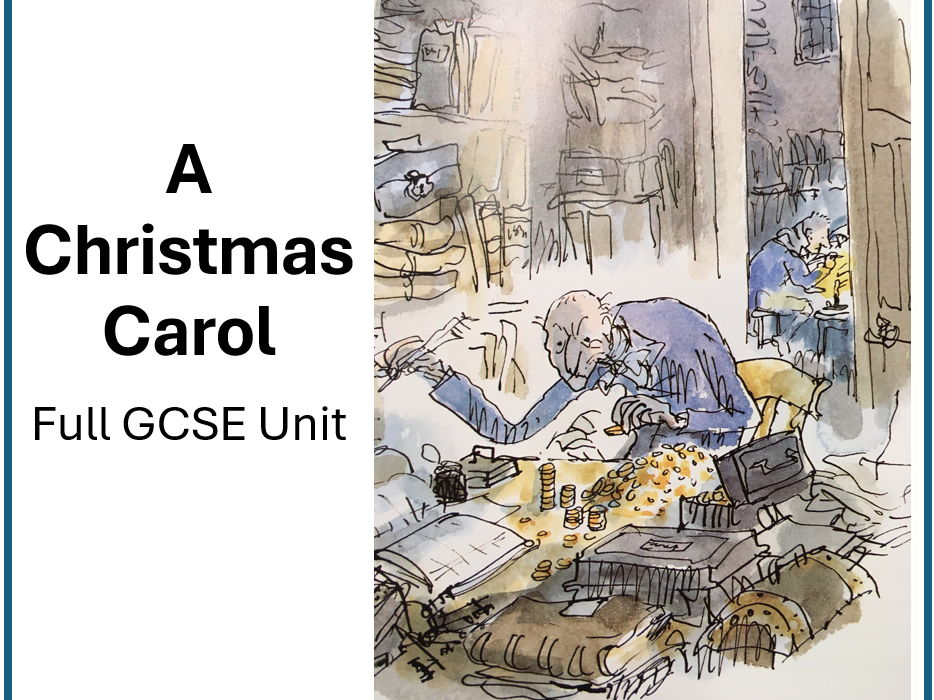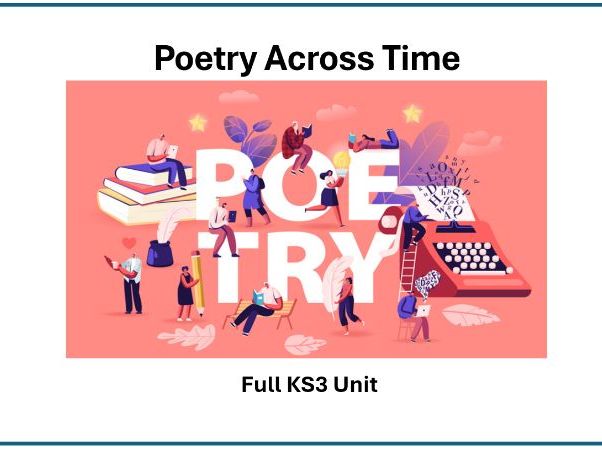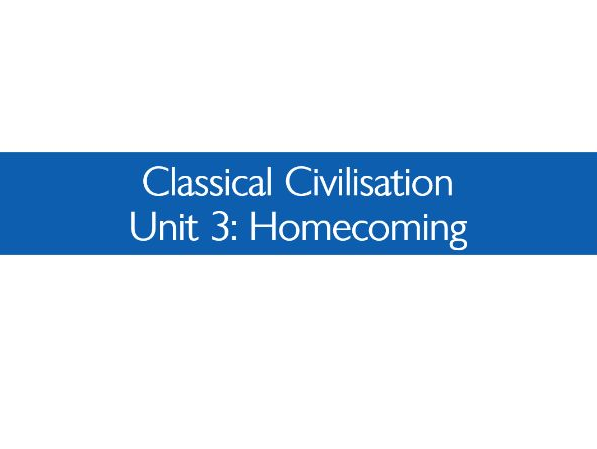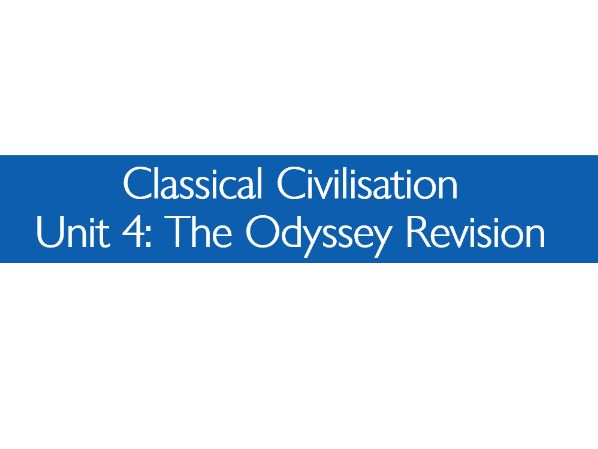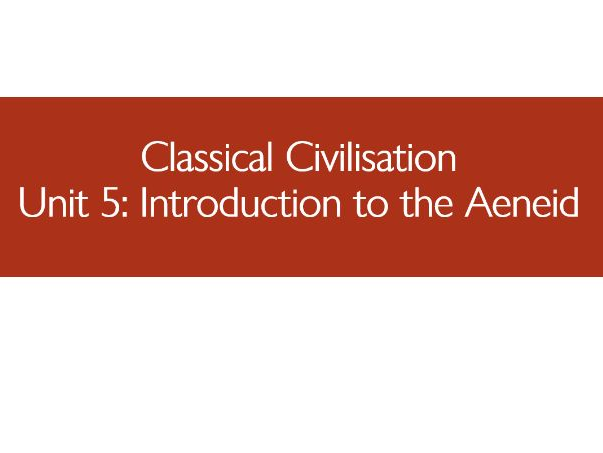19Uploads
2k+Views
5k+Downloads

A-Level English Language 'Grammar and Meaning and Representations' Scheme
This is a 15 Week scheme covering the ‘Meaning and Representations’ unit of the English Language A-Level AQA specification. It is designed to be taught over two half-terms with the first half-term focusing on Grammar and the second on Meaning and Rep practice. There is an assessment at the end of each half-term. Each lesson has a PowerPoint as well as resources.
Half Term 1: Grammar and Meaning and Representations
Lesson 1: Morphology and Syntax
Lesson 2: Nouns
Lesson 3: Pronouns
Lesson 4: Verbs and Adverbs
Lesson 5: Adjectives, Sentences and Phrases
Lesson 6: Grammatical Features Recap
Lesson 7: Meaning and Representations
Lesson 8: Speech Comparison
Lesson 9: Hitler and Ghandi
Lesson 10: Original Writing
Lesson 11: Original Writing Commentary
Lesson 12: Pulse and Mumsnet
Lesson 13: Pulse and Mumsnet Continued
Lesson 14: Dickens’ Hanging and ACLU
Lesson 15: Dickens’ Hanging and ACLU Continued
Lesson 16: Obituaries
Lesson 17: Assessment
Half Term 2: Meaning and Representations
Lesson 1: Fiction
Lesson 2: Lucy Letby
Lesson 3: Lucy Letby Continued
Lesson 4: The Iraq War
Lesson 5: The Iraq War Continued
Lesson 6: Child Poverty
Lesson 7: Paper 1 Question 3
Lesson 8: Original Writing
Lesson 9: Commentary
Lesson 10: Elizabeth Cady Stanton
Lesson 11: Language and the Law
Lesson 12: Dragons Den Pitch
Lesson 13: Teacher Transcript
Lesson 14: Donald Trump
Lesson 15: Civil Rights
Lesson 16: Steve Jobs
Lesson 17: My Tornado Hell
Lesson 18: Looking for India
Lesson 19: Assessment Preparation
Lesson 20: Assessment

A-Level English Language 'Accent and Dialect' Scheme
This is an 11 Week scheme covering the ‘Accent and Dialect’ unit of the English Language A-Level AQA specification. It is designed to be taught over two half-terms with the first half-term focusing on regional dialect and the second on race and ethnicity. There is an assessment at the end of each half-term. Each lesson has a PowerPoint as well as resources.
Half-Term 1: Accent and Dialect
Lesson 1: Accent and Dialect
Lesson 2: Dialect Bias and Accentism
Lesson 3: Estuary and Geordie
Lesson 4: The Phonemic Alphabet
Lesson 5: Theorists
Lesson 6: Prescriptivism vs Descriptivism
Lesson 7: Paper 2 Question 1
Lesson 8: Comparing Articles
Lesson 9: Paper 2 Question 3
Lesson 10: Theorists Revision
Lesson 11: Assessment Preparation
Lesson 12: Assessment
Half-Term 2: Language, Ethnicity and Race
Lesson 1: Idiolect and Sociolect
Lesson 2: Multicultural London English
Lesson 3: Attitudes to MLE
Lesson 4: Article Comparison
Lesson 5: Theorists
Lesson 6: Language as Exclusionary
Lesson 7: African American Vernacular English
Lesson 8: Opinion Piece
Lesson 9: Drill and Grime
Lesson 10: Drill and Grime Continued
Lesson 11: Verbal Blackface
Lesson 12: Prescriptivism
Lesson 13: Theorists Revision
Lesson 14: Assessment Preparation
Lesson 15: Assessment

Grammar Starter Tasks for English Language A-Level
A series of 17 starter tasks recapping grammar and linguistic features.
The questions cover:
• Morphology
• Syntax
• Prefixes
• Suffixes
• Affixes
• Base Words
• Inflections
• Clause Elements
• Common Nouns
• Proper Nouns
• Concrete Nouns
• Abstract Nouns
• Count Nouns
• Non-Count Nouns
• Personal pronouns
• Possessive pronouns
• Reflexive pronouns
• Demonstrative pronouns
• Interrogative pronouns
• Relative pronouns
• Indefinite pronouns
• Active Voice
• Passive Voice
• Main Verbs
• Stative Verbs
• Auxiliary Verbs
• Modal Verbs
• Transitive Verbs
• Intransitive Verbs
• Aspect
• Comparatives
• Superlatives
• Subject
• Verb
• Object
• Complement
• Adverbial
• Declarative Sentences
• Interrogative Sentences
• Imperative Sentences
• Prepositional Phrases

'An Inspector Calls' Ultimate Quizzes
These three Ultimate Quizzes provide a comprehensive series of quiz questions to aid with the study of J.B Priestley’s ‘An Inspector Calls’. There is a quiz for each of the three acts. Each quiz includes easy, moderate, trickier and hard questions. Ideal for comprehension at the end of each act. All answers are provided.

A-Level English Language 'Wider Reading' Scheme
This is a 13 Week scheme giving students the opportunity to read widely about a range of language issues. It is designed to be taught over two half-terms with the first half-term focusing on language issues, and the second half-term on analysing articles relating to these issues. There is an assessment at the end of each half-term. Each lesson has a PowerPoint as well as resources, including a supplementary reading booklet.
Wider Reading
Lesson 1: The Future of English
Lesson 2: Americanisation
Lesson 3: Taboo Language
Lesson 4: Language and Race
Lesson 5: Political Correctness
Lesson 6: Paper 2 Question 3
Lesson 7: Evaluate Question
Lesson 8: Language and Political Debate
Lesson 9: Slang
Lesson 10: Jargon
Lesson 11: Language in Decline
Lesson 12: Evaluate
Lesson 13: Language and Climate Change
Lesson 14: Language and Age
Lesson 15: Assessment
Lesson 16: Starter Task and Booklet Article
Lesson 17: Starter Task and Booklet Article
Lesson 18: Starter Task and Booklet Article
Lesson 19: Starter Task and Booklet Article
Lesson 20: Starter Task and Booklet Article
Lesson 21: Starter Task and Booklet Article
Lesson 22: Starter Task and Booklet Article
Lesson 23: Starter Task and Booklet Article
Lesson 24: Starter Task and Booklet Article
Lesson 25: Starter Task and Booklet Article
Lesson 26: Starter Task and Booklet Article
Lesson 27: Starter Task and Booklet Article
Lesson 28: Starter Task and Booklet Article
Lesson 29: Starter Task and Booklet Article
Lesson 30: Starter Task and Booklet Article
Lesson 31: Starter Task and Booklet Article
Lesson 32: Assessment Preparation
Lesson 33: Assessment

'A Christmas Carol' Ultimate Quizzes
These four Ultimate Quizzes provide a comprehensive series of quiz questions to aid with the study of Charles Dickens’ ‘A Christmas Carol’. There is a quiz for each of the five staves. Each quiz includes easy, moderate, trickier and hard questions. Ideal for comprehension at the end of each stave. All answers are provided.

War Poetry KS3 Unit
This is a fifteen lesson unit on War Poetry. The lessons analyse a broad range of poems on the theme of war: ‘Mametz Wood’, ‘Out of the Blue’, ‘Flag’, ‘Glory of Women’, ‘Dulce Et Decorum Est’, ‘Come On Come Back’, ‘The Soldier’, ‘Belfast Confetti’ and ‘Vultures’. These poems refer to World War One, World War Two, the Irish Troubles, the September 11 Attacks, nationalist extremism, and wars of the future. The lessons build towards an assessment comparing ‘Dulce Et Decorum Est’ with one other poem from the collection. The unit is intended for Years 7-9.

Macbeth KS3 Unit
This is a twenty lesson unit on Macbeth. The lessons analyse key extracts, characters and quotations, alongside some creative lessons. The lessons build towards an assessment on the theme of evil. The unit is intended for Years 7-9.

A Christmas Carol KS4 GCSE Unit
In this 33-lesson unit, students learn about the historical context, themes, characters and key quotations for Charles Dickens’ ‘A Christmas Carol’. The unit includes all worksheets and well-presented PowerPoint slides. The unit is designed for the AQA GCSE.

Non Fiction KS3 Unit
This twelve lesson unit teaches students about the purposes and conventions of a range of non-fiction texts (letters, speeches, newspaper articles, leaflets, travel writing and opinion writing). The texts are on a range of subjects (genetically engineered meat, elephant conservation, school uniform, racism in America, etc). The unit is designed for Key Stage 3.

Poetry Across Time KS3 Unit
This is a thirteen lesson unit on poetry from across time periods. The lessons analyse a broad range of poems: ‘Beowulf’, ‘Sonnet 130’, ‘On My First Sonne’, ‘Easter Wings’, ‘Her Mother’s Epitaph’, ‘The Tyger’, ‘The Lamb’, ‘The Way Trough the Woods’ ’, ‘The Highwayman’ and ‘Jabberwocky’. The lessons build towards an assessment on ‘The Highwayman’. The unit is intended for Years 7-9.

Romeo and Juliet Full Unit
This 38-lesson unit of work is ideal for the first teaching of Shakespeare’s ‘Romeo and Juliet’. The scheme incorporates analysis of the play’s events, characters, quotations and historical context. There are creative, spoken, analytical and viewpoint assessments built in throughout. The PowerPoint is vibrant and engaging. The unit comes with an extract booklet which includes all the extracts essential to the teaching of the play.

'Romeo and Juliet' Ultimate Quizzes
These four Ultimate Quizzes provide a comprehensive series of quiz questions to aid with the study of William Shakespeare’s ‘Romeo and Juliet’. There is a quiz for each of the five staves. Each quiz includes easy, moderate, trickier and hard questions. Ideal for comprehension at the end of each stave. All answers are provided.

Classical Civilisation A-Level Unit 1: Gods, Heroes and Monsters (Full Half-Term Unit)
In this 14- lesson unit, students study a broad range of Greek myths from the myth of Creation to the aftermath of the Trojan War. This gives students the opportunity to understand the historical context of Classical Greece, read the works of classical writers such as Hesiod, Ovid and Homer, identify common tropes in Greek myth, and familiarise themselves with the gods that later appear in Homer’s Odyssey, such as Zeus, Athena, Hades, Hermes, and Poseidon.
At the end of the unit, students will complete an assessment on Greek heroes, focusing on an extract about Achilles from The Iliad.

Classical Civilisation A-Level Unit 2: The Wanderings of Odysseus (Full Half-Term Unit)
In this 16- lesson unit, students begin to read and analyse the first half of the Odyssey. The scheme gives opportunity to study the key plot points, characters, settings and historical context, as well as Homer’s structural and linguistic features. This unit also introduces scholars and their theories on the text.
Halfway through this unit, there is a mock assessment. This is a Question 3 and 4 on Polyphemus and Xenia.

Of Mice and Men KS3 Unit
This 26-lesson unit of work covers John Steinbeck’s ‘Of Mice and Men’ (1937). The scheme incorporates analysis of the novel’s events, characters, quotations and historical context. There are creative, spoken, analytical and viewpoint assessments built in throughout. The PowerPoint is vibrant and engaging.

Classical Civilisation A-Level Unit 3: Homecoming (Full Half-Term Unit)
In this 13-lesson unit, students read and analyse Books 13 to 20 of The Odyssey. They study the themes of nostos, divine intervention, heroism, xenia, and the supernatural. Students revise the concept of the Homeric hero, contrast modern and classical ideas of heroism, and explore key episodes such as Odysseus’ return to Ithaca, his reunion with Telemachus, and his disguises. They engage with critical scholarship on divine influence, monsters, and Odysseus’ character, including work by Griffin, Peter Jones, Ruth Scodel and others. Lessons encourage close reading, thematic discussion, and preparation for 10- and 20-mark exam responses.

Classical Civilisation A-Level Unit 4: The Odyssey Revision (Full Half-Term Unit)
In this 12- lesson unit, students read and analyse Books 21 to 24 of The Odyssey. Students revise the theme of justice, study the minor gods (Helios, Aeolus, Hermes and Ino), read scholarship on fate versus autonomy, examine the central themes of nostos and oikos, and compare the loyal and disloyal characters on Ithaca. Students will also practice 30-mark essays on divine intervention, justice and family, using sources and scholarship. The final lesson is an introduction to the historical context for the Aeneid.

Classical Civilisation A-Level Unit 5: Introduction to the Aeneid (Full Half-Term Unit)
In this 11-lesson unit, students are introduced to the Aeneid and explore the historical, political, and literary context of Virgil’s epic. They study Books 1–3 in depth, analysing the characters, themes, and propaganda elements within the poem. Key focus areas include Aeneas’ piety, the fall of Troy, the divine machinery, and Aeneas’ wanderings across the Mediterranean. Students examine Roman values, reflect on how Virgil mirrors Homeric epics, and engage with early analysis tasks designed to prepare them for extended writing and thematic interpretation.







